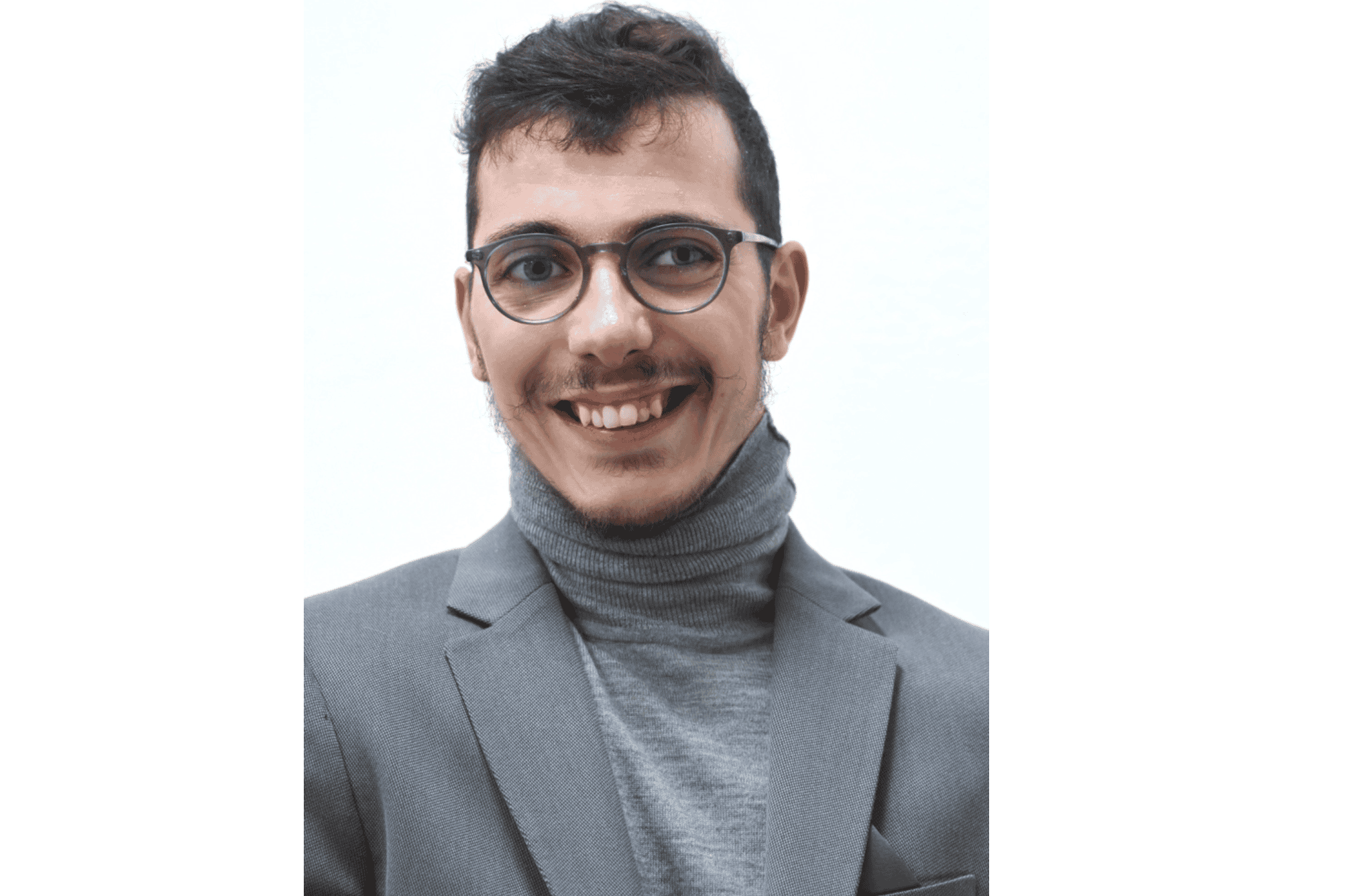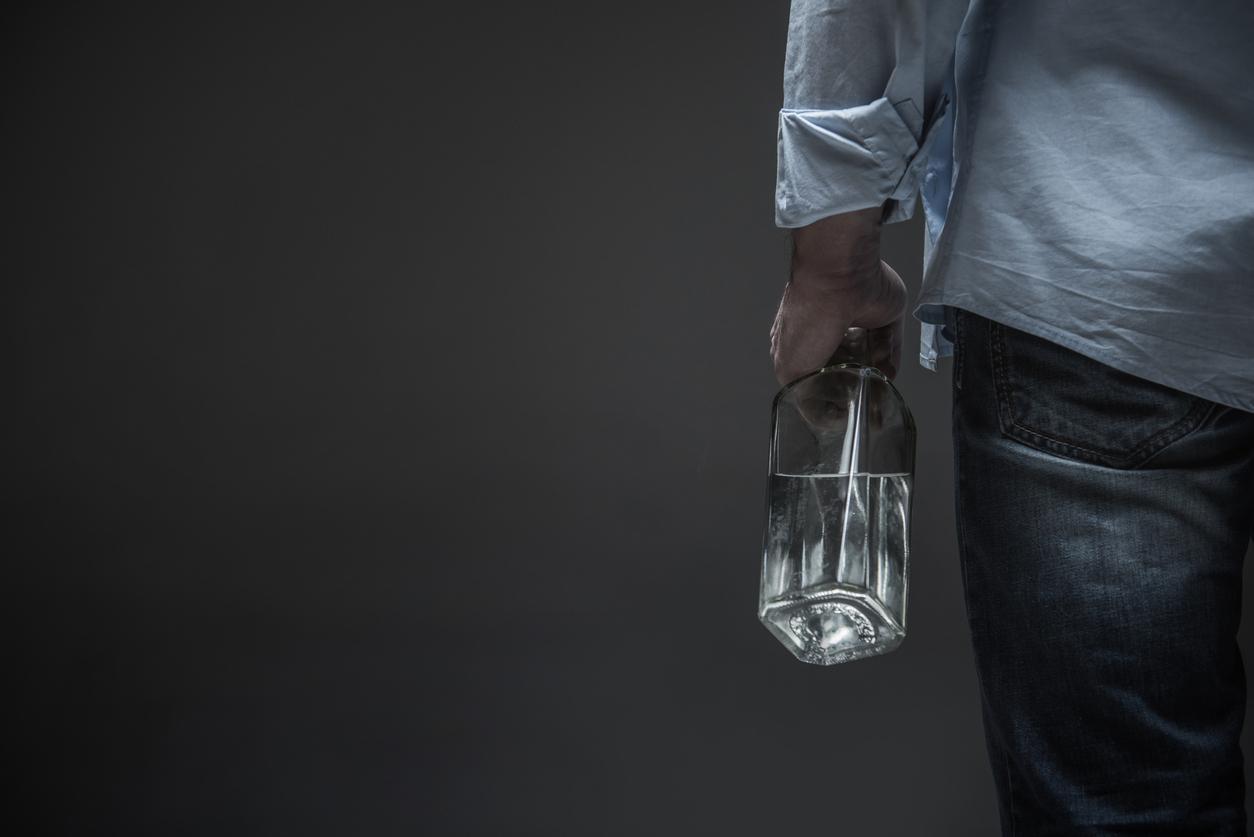Flora is the victim of a rape in 2005 which plunges her under water. Then begins a real fight to try to rise to the surface, with sleeping pills and other drugs… until becoming dependent and turning to hard drugs.

- “Addiction is characterized by the repeated inability to control a behavior and the continuation of this behavior despite knowledge of its negative consequences”, notes the Ministry of Health.
- In France, the consumption of psychoactive substances is responsible for more than 100,000 preventable deaths from accidents and diseases, including nearly 40,000 from cancer.
“It’s all I found to not sink, when I was engulfed by a whim of fate”, writes Flora Nicol in her book My cachet letters, published by Studiofact. Victim of afreak” in a Parisian underground car park in the fall of 2005, the journalist and director tried somehow to continue to “incarnate in the theater of life”, despite post-traumatic stress.
Drugs: an addiction that appears insidiously
“At first, and even if I exceed the prescribed doses, the drugs fulfill their role, like drugs for addicts: it’s self-medication.“A self-medication that lasted for years, until her first pregnancy at the end of 2008.”I stopped taking all behavior modifying products as soon as I heard the news. It was a Friday. Very quickly, the withdrawal symptoms were fierce.“Her psychiatrist, whom she contacts to seek medical advice, judges that since she was able to stop the medication alone and overnight, there is no reason to consider her an addict.
When Flora’s daughter was born, the drug gradually reappeared, but two years later, the mother stopped again overnight when she learned of her second pregnancy. “This time, after the second childbirth, there was no more event to put an end to the insidious recovery of the products, which started again during the year 2012.”
Addiction: “The first real attempts to quit proved unsuccessful”
“The first real attempts to stop proved unsuccessful. I began to myself; say “Tomorrow I quit” and to see that the next day, I started again as soon as I woke up. I was chained in spite of myself. I didn’t know anything about addiction. I lived it in my flesh but without putting down the words. If the facts were there, I was not able to draw the conclusions. It was then that my psychiatrist – always the same – ended up telling me that I was dependent, addict. It was in the spring of 2013.”
“I have few memories of my drinking period. But I remember that session well. At the announcement of my addiction, I started to cry (I almost never cried and especially not in shrinks). It was a tragedy knowing that I was dependent.“His doctor then advised him to join the addictology department of the Paul Brousse hospital. Flora hastens to take the steps. She tells the rest in her book.
Subutex: “I will never know if I made the right decision because I cannot rewrite history”
During his first cure in 2013, the doctors repeatedly offered him to take Subutex, an opiate supposed to help addicts get out of it. But Flora hesitates to use this option, and finally decides not to. “I tell in the book how I become almost mad to consider their option, to adopt the point of view of the addictologists of Albatross. However, I will never know if I made the right decision because I cannot rewrite history. Note that subsequently, I was administered Subutex in 2016, a few days in another cure, for the purposes of weaning. Given the effect I felt (it made me sleep, even in a sitting position), I’m pretty sure that this substitute opiate wouldn’t have deterred me from snorting high-dose cocaine afterwards. Because, after my first treatment, at the end of 2013, I gradually fell into this hard drug, only to come out of it in 2020.”
In fact, not only was Flora’s first treatment a failure, but this group therapy also traumatized her. It is only in the fall of 2021, when after a year of therapy and abstinence, she hopes to be finally out of it, even if she does not wish to talk about recovery. Three key elements particularly helped him.
“The sickness of addiction is vicious in that it requires you to hit rock bottom to make up your mind to get out of it”
“I began to participate in support groups between addicts, the overwhelming majority of which are abstinent. We help each other stay clean by sharing our experience. I knew of the existence of these groups before but I was not mature. As I wrote in my book, “The sickness of addiction is vicious in that it requires you to hit rock bottom to make up your mind to get out of it.” And arriving in these groups, I was more devastated than ever.”
“Another thing that makes a radical difference this time around is that I’m no longer going it alone. In any case, I try not to react as impulsively as before and I always consult at least one trusted person before making a decision. Because I finally found the right therapeutic support, after years of wandering: a psychiatrist-addictologist, a “person-centered” therapist, an EMDR psychologist [Eye Movement Desensitization and Reprocessing c’est-à-dire désensibilisation et retraitement par les mouvements oculaires]and bespoke yoga teacher Karine Kleb, who offers a holistic practice to reconnect the body to the mind, as drugs split them apart.”
“And last, but not the least of the differences, is having changed dating. Indeed, recovery requires sorting out. Exit the users of hard drugs of course, but also the givers of lessons, or the aficionados of gossip. It is said that “rumors kill”, and judgment a fortiori too. Those around me today are therefore all benevolent and open-minded, honest but also lucid. This last quality (it’s more of a virtue than a quality, by the way) requires a lot of courage because it asks us to look at ourselves as we are and I see that trying is already painful and that the attempt is rare. I recently understood Paul Eluard: “lucidity is the wound closest to the sun”.”
Weaning: “Even dead tired, my legs wouldn’t let me sleep”
For all people suffering from addiction, weaning is a key stage of abstinence. This period is very difficult to live, because it is accompanied by a set of symptoms that reflect a state of lack for the body. They can be more or less intense and long depending on the patients and the products. “For me, the hardest thing was what I called “impatience” in my book. It was my legs moving in spite of me, nervous movements, like electricity and very painful. I report that they drove me crazy and that it was “dizzying”. This phenomenon is also called “restless legs syndrome”, as I learned much later. The memory I kept of it is so unbearable that today I don’t hesitate to speak of torture because, even dead tired, my eyes heavy with sleep, my legs wouldn’t let me sleep.”
“Life without drugs, even if it is not obvious, is necessarily more beautiful and always easier”
To people suffering from addictions, Flora calls them to “never lose hope because it is possible for any victim of addiction to stop taking drugs, really”. “And life without drugs, even if it is not obvious, is necessarily more beautiful and always easier. Really”, she insists. The author advises, among other things, “seek help from other recovering addicts because there is no better person to help a victim of addiction than an addict who has successfully quit drugs”.
“And the last message, and not the least, is that you should not be afraid of your emotions. Of course, to stop consuming is to reconnect with sometimes unpleasant emotions. But I found that the Beauty, the Love, the humor, the spirituality that is necessary for recovery, and all the good things seep through the wounds.”
To find out more, find part of Flora Nicol’s story in her book Mes lettres de cachets, published by Studiofact.













-1739366311.jpg)



